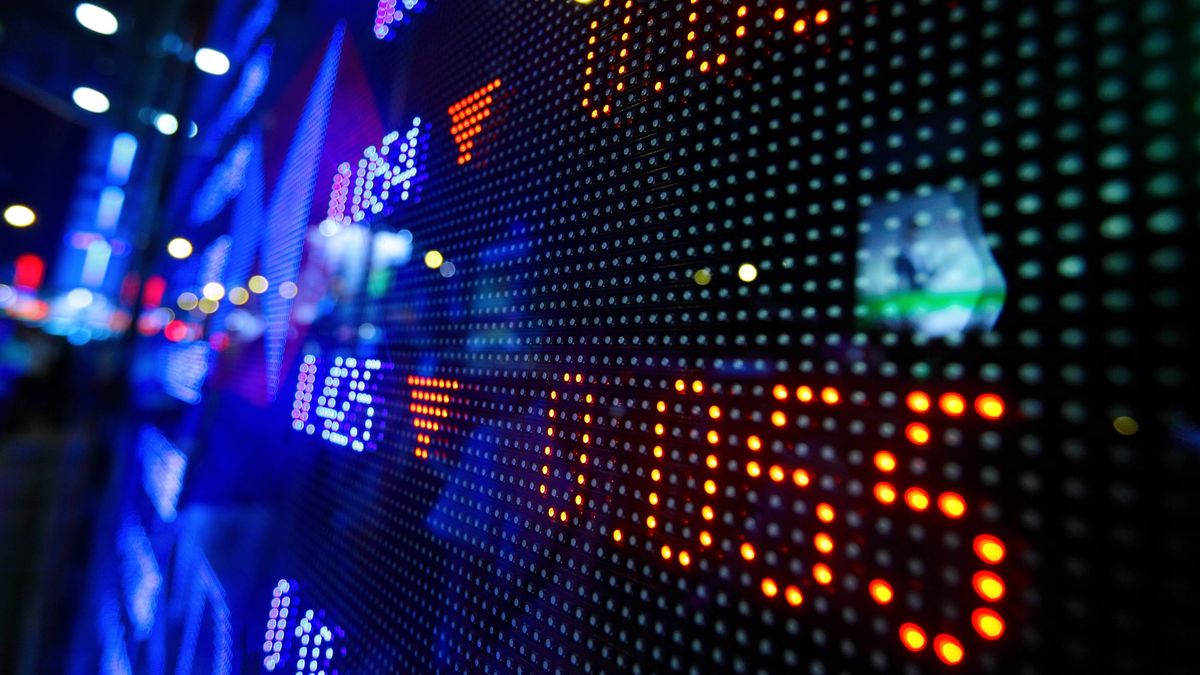Could frequent flyer points become a traded commodity?
Points would be bought and sold like stocks or commodities, says the New York-based financial colossus.

JP Morgan Chase & Co wants to help turn airline and hotel loyalty points into an asset akin to stocks or corn futures.
The bank is working with Affinity Capital Exchange to let companies turn rewards programs into a standardized, exchangeable currency to be traded by institutional investors and used as collateral to raise capital, according to a statement Thursday.
Through the partnership, massive loyalty programs can be converted into pieces, or “reserve points,” sold to investors like hedge funds or banks on the ACE marketplace, and later traded on the same venue.
“We’re essentially creating an asset class,” Andreas Pierroutsakos, a managing director at JPMorgan, said in an interview.
Traditionally, companies sell points directly to banks. “But there are many other investors that want access,” he said. “This is opening the door for that.”
Turning points into a commodity
Frequent flyer programs generate billions in revenue for the largest airlines through agreements in which carriers sell their points to banks which award them to credit card customers.
Pledging miles programs as collateral for debt financings has become a popular way for cash-strapped airlines to raise funds to get them through the pandemic. Using the ACE platform, a company could pledge a slice of its loyalty program as collateral instead of the entire thing.
“In an ideal world, reserve points become the way that people get exposure to loyalty programs and the instrument becomes a key part of how issuers of loyalty programs finance and sell across the capital structure,” said Akrati Johari, co-head of North America digital innovation in JPMorgan’s corporate and investment bank.
Pierroutsakos likened the project to the leveraged loan market. Initially, banks were the only ones that bought and sold the loans. Now, the loans are traded among investors.
The 'Points Exchange'
Through the agreement, JPMorgan has the exclusive right to help companies issue instruments backed by reserve points using ACE’s points exchange platform. The New York-based bank is also assured the same pricing terms as other investors in the secondary market.
United Airlines sold US$6.8 billion of bonds and loans backed by its MileagePlus program in June, increasing the financing from a planned US$5 billion after receiving strong investor demand.
In September, Delta Air Lines borrowed US$9 billion against its frequent-flyer program in the largest airline debt sale on record.
ACE and JPMorgan are looking to take things a step further.
“Think of it as a way to take emergency financing and make it recurring, renewable source of liquidity, not a once-and-done event,” said ACE CEO and founder Atanas Christov.
This article is published under license from Bloomberg Media: the original article can be viewed here
13 May 2020
Total posts 801
think many frequent flyer/buyer programs are dying a slow death. Surely for next few years, there will be deals galore, except maybe at peak times.
Qantas - Qantas Frequent Flyer
28 Aug 2014
Total posts 214
Leave it to Wall Street to find a way to leverage airline FF points into an exotic class of securities. Given enough time, I'm quite sure JP Morgan could parlay the smiley stamps on schoolchildren's homework into a tradable new asset, to the real benefit of nobody.
Hi Guest, join in the discussion on Could frequent flyer points become a traded commodity?